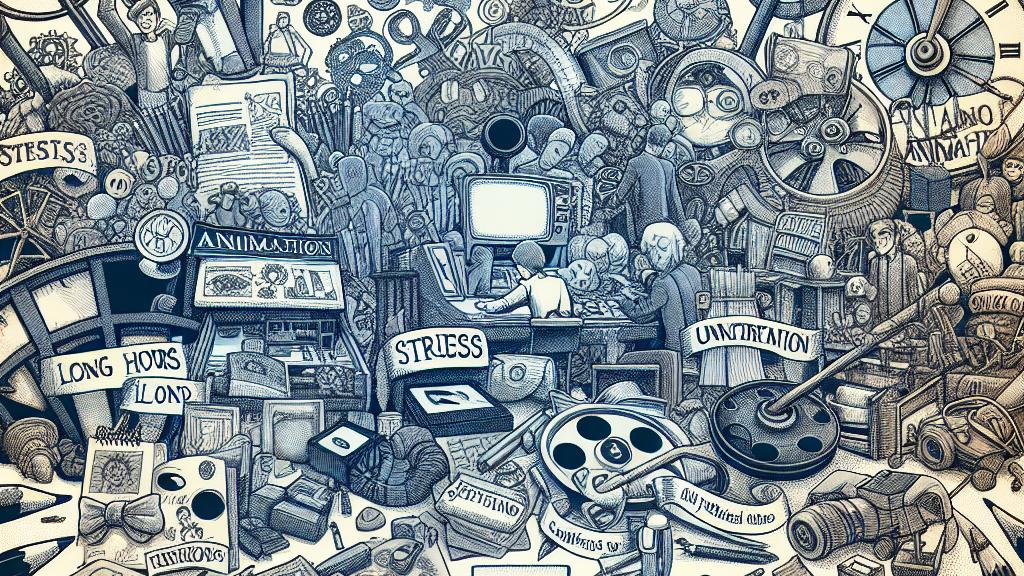Concerns Over Japan's Animation Industry and International Streaming Services
Overview
- A UN report highlights alarming exploitation in Japan's anime industry, igniting global outrage.
- Major streaming platforms like Netflix and Amazon may sever ties with Japanese content if labor conditions don't improve.
- Urgent reforms are essential to safeguard the rights of animators and enhance their working conditions.

The State of Japan's Animation Industry
Japan's animation industry, renowned for its imaginative storytelling and intricate artistry, is currently facing a significant crisis that threatens its vibrant future. The recent United Nations report reveals a grim reality of labor exploitation rampant within the sector. For instance, many animators, who are the backbone of beloved series, often receive wages that fall drastically below the national average, sometimes earning less than $2000 a year for grueling hours of work. This situation forces talented creators into a life of uncertainty, where challenging these conditions could cost them their livelihoods. Such circumstances, if left unaddressed, could lead to a catastrophic fallout, with major streaming platforms like Netflix and Amazon Prime distancing themselves from Japanese anime, labeling it as unethical content.
Impact of the UN's Report
The fallout from the UN's striking report reverberates throughout the anime community and beyond. There is a growing fear among fans and creators alike that audiences worldwide will react by rejecting anime that they perceive to be born of labor abuses. A telling example is the speculation surrounding Netflix’s recent adaptation of 'One Piece'—an iconic series that has captivated audiences for decades. Many believe that this move reflects an increasing awareness of labor rights issues in the industry, demonstrating how consumer ethics can influence production decisions. As global viewers demand not only quality content but also integrity in its creation, producers may find themselves compelled to adopt fair practices, ensuring not only the survival of the industry but also its moral standing on the world stage.
Calls for Industry Reform
Amid these urgent discussions, a diverse coalition of advocates, animators, and educators is calling for a radical overhaul of the anime industry's labor practices. Their shared goal? To establish fair pay, humane working hours, and secure contracts that respect the rights of all creators. For instance, it’s estimated that many animators can work entire months, producing high-quality frames, yet earn less than what a single episode could generate in revenue. This stark discrepancy highlights the need for an industry that prioritizes the well-being of its creators. Without substantial reforms, the rich artistic legacy of Japanese anime could face extinction in favor of profit-driven motives. As industry stakeholders work towards creating a more equitable environment, the fate of this globally cherished art form hangs in the balance.

Loading...